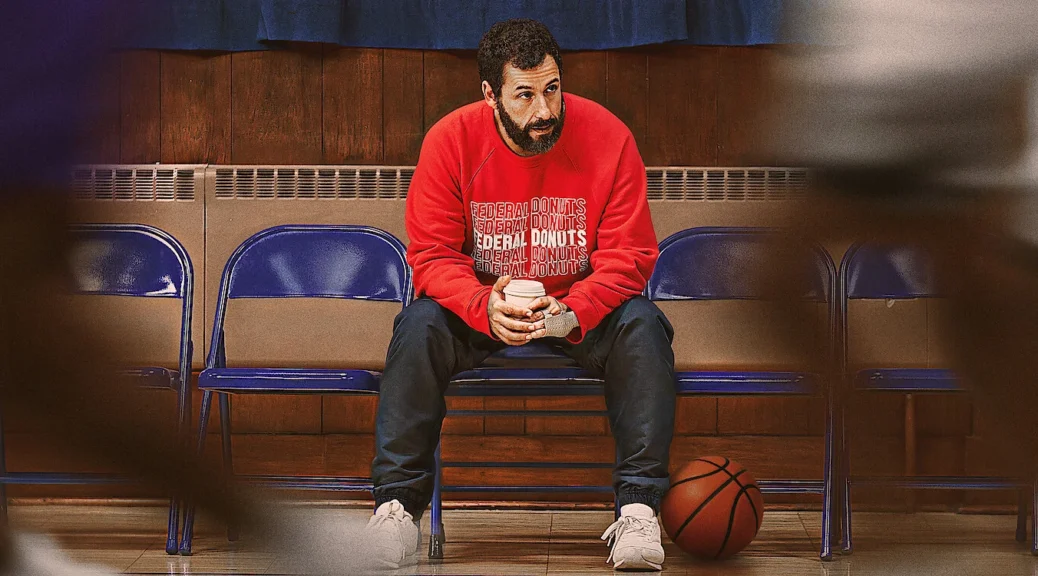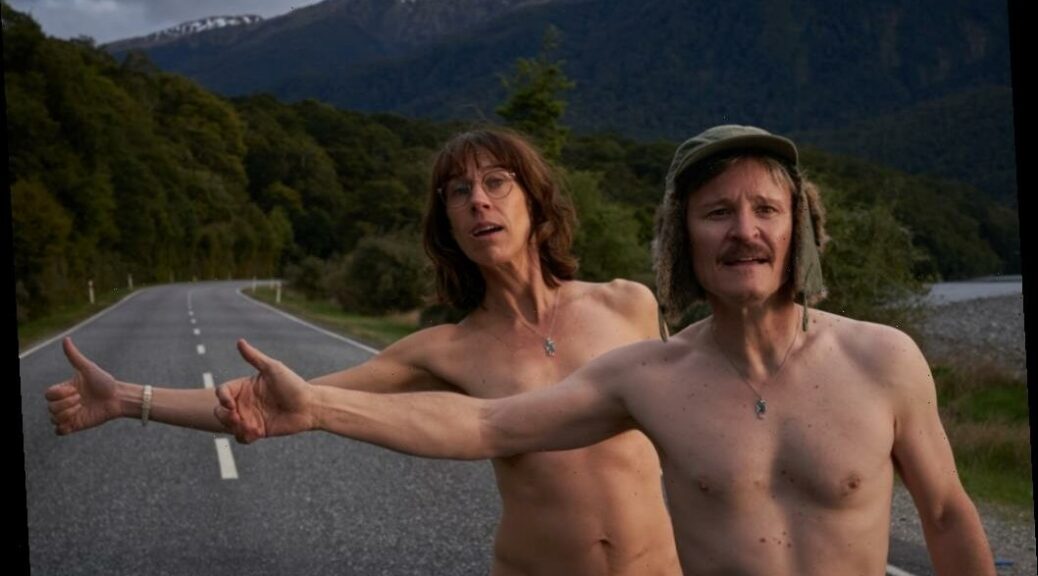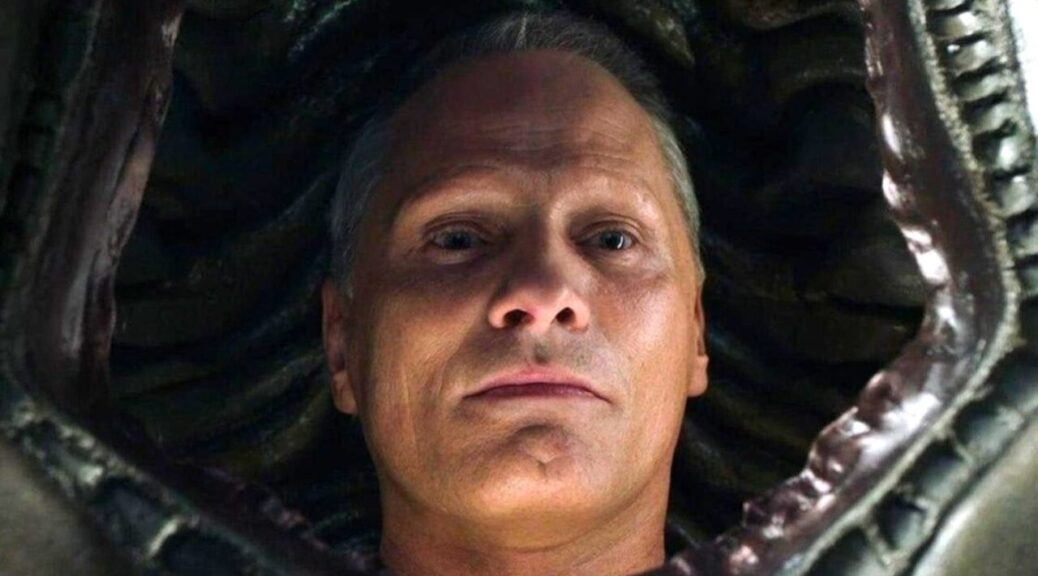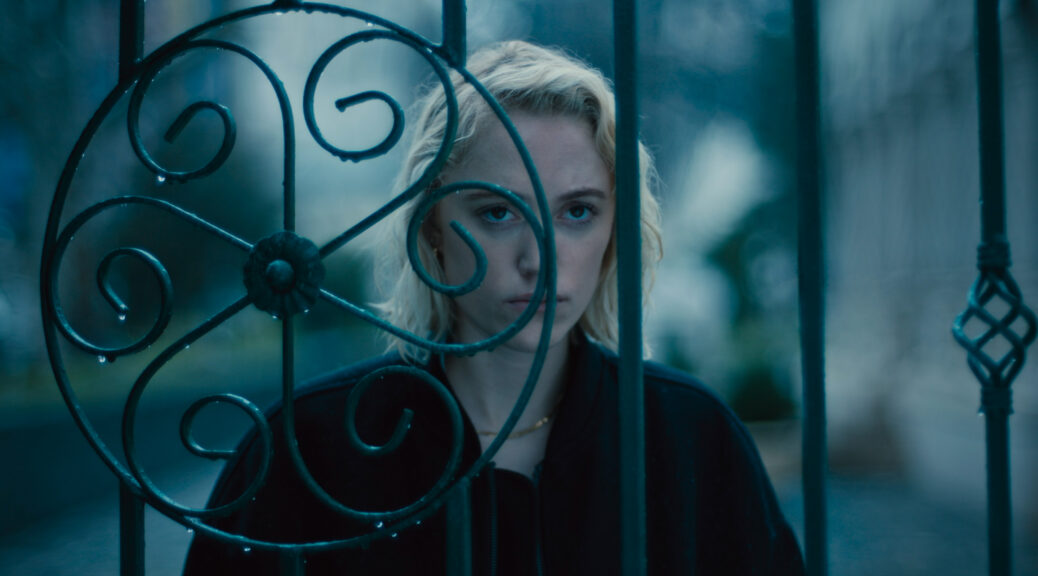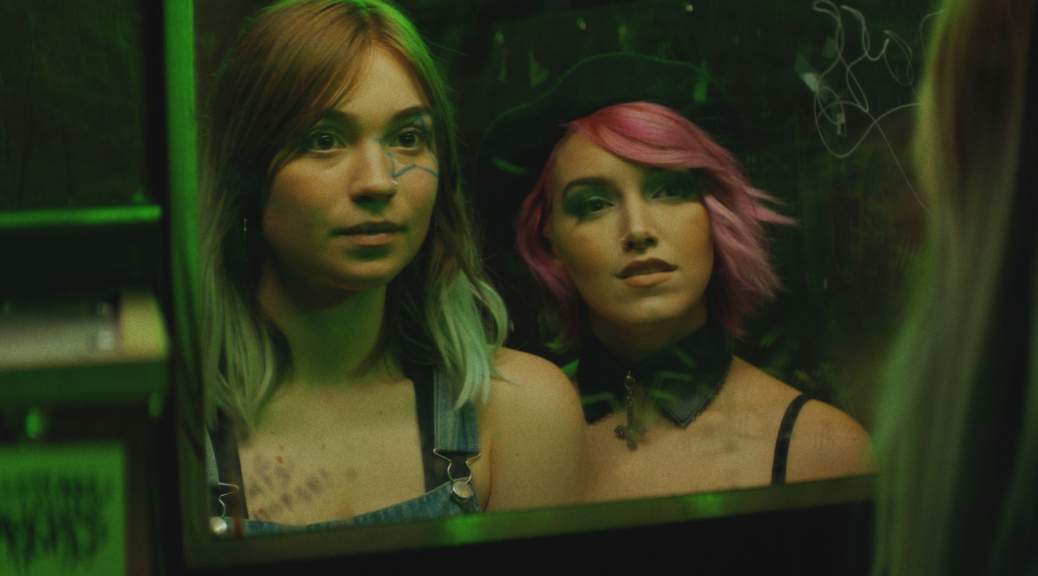Mad God
by Hope Madden
You may not know Phil Tippett by name, but you’ve certainly seen his work. The monsters of his imagination were on the Dejarik board in Star Wars. They roamed Jurassic Park. They wrought havoc in Starship Troopers.
Now Tippett’s demons take center stage in his stop motion head trip 30 years in the making, Mad God.
It’s like a Bosch painting and a Tool video accusing each other of being too lighthearted.
Dense with grotesquerie and craftsmanship, the animated tale follows a lone figure across and through a noxious landscape bubbling with creatures large and small. Our hero has a map to aid him and a gas mask to protect him. His journey brings him in contact with violence of both the sadistic and thoughtless sort.
Mad God delivers a nightmare vision like little else, overwhelming in its detail and scope. Tippett plumbs cycles of mindless cruelty. Then, just when you think his film speaks of war and commerce, the commerce of war, he turns focus.
We enter a hospital, witness a medical harvesting. And then suddenly, we turn to a series demonstrating ways in which history and societies have been built on sadistic entertainment.
Suddenly, a sequence full of day-glo colors and relative gaiety feels momentarily like a respite. Nope.
Mad World revels in Tippett’s vulgar, potent fantasy without belaboring a clear plotline. The world itself resembles, at least at first, a post-apocalyptic wasteland you might recognize. Tippett peoples this somewhat familiar landscape with figures and images that also feel reminiscent: a doll’s befouled face, a fiendish surgeon, a cloaked figure.
Certain sequences and score sections recall Alan Parker’s Pink Floyd: The Wall, while others bring to mind Shane Acker’s underseen 2009 animation, 9. Rather than pull you through these images with a clear destination, Tippett meanders.
Mad God asks you to take in the chaos, the slurry of misery in its tactile, malevolent nightmare and find, if not hope — you will not find hope — then maybe sympathy.




